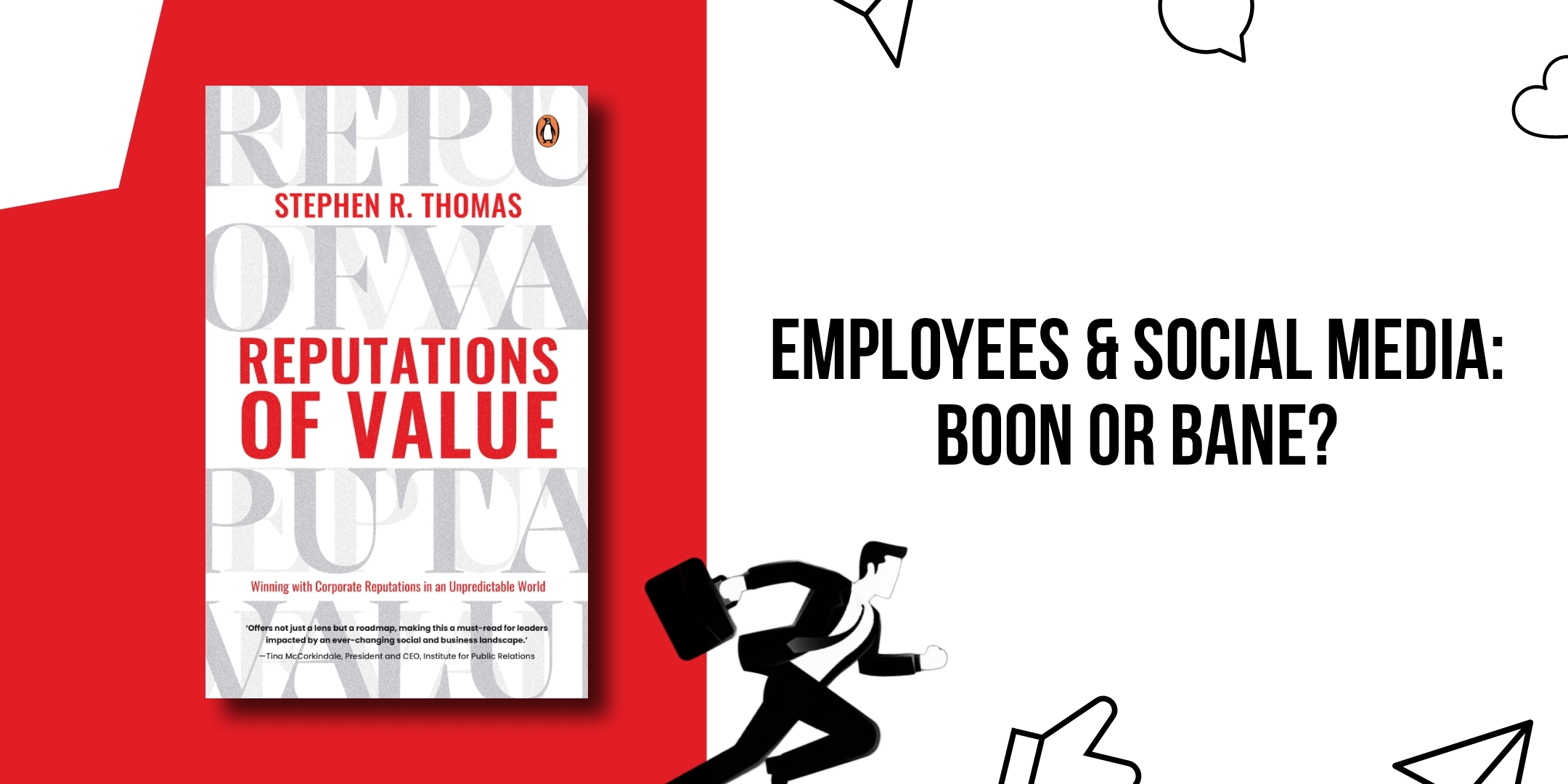
Employees’ use of social media can be a source of authentic and interesting content that helps to tell the corporate story. It can also represent a source of reputational risk. Manson said, ‘I think there’s some companies you need to worry about this, but for the vast majority you don’t. I love British Airways, who were my client at one point, and they had this amazing group of pilots who were making fantastic films by sticking a GoPro in their cockpit and making total aeroplane geek content, but it had a big audience, and the pilots were known in the community and really beloved. However, British Airlines had a problem not too long ago where they rolled out some new uniforms and a bunch of employees went on Twitter and complained about the uniforms. As a result of that they rolled out a new social media policy banning employees from using social media during working hours, which probably wouldn’t have helped with the uniform issue and stopped the pilots from posting their videos. I think you have to just let people be themselves and give them some security guidelines, give some behaviour guidelines but be permissive rather than prohibitive.’
While acknowledging the value of being permissive rather than prohibitive, there is a range of practical guidelines for any company to consider. These include:
- Avoiding the instance of employees having their personal social media platforms) being mistaken as an official company social media platform. However, they should be able to identify themselves as being an employee for the company on those platforms that request users to identify their employer, the most obvious current example being LinkedIn.
- It is a good thing if employees wish to advocate on behalf of the company by sharing company-approved content relating to specific announcements, events, news, and milestones. The nuance is that posts/ comments that are personal opinions, for instance in relation to political issues, should not be confused as representing the position of company itself.
- If employees wish to establish a social media platform that officially represents company rather than the employee themself, then they should obtain prior approval from the company.
- Ensuring employees never disguise themselves as a customer or try to conceal their employment relationship with the company if promoting its products and services on any social media platforms.
A systematic training programme will help to ensure employees have a good understanding of the company’s policies and guidelines and feel well-equipped to follow them.
Reputations of Value serves as a guide for those wanting to better understand how companies can operate on a stronger, more resilient, and authentic basis in the face of a dynamic and unpredictable landscape. Get a copy today and learn from the experts – the value of reputation and how to maintain it!








